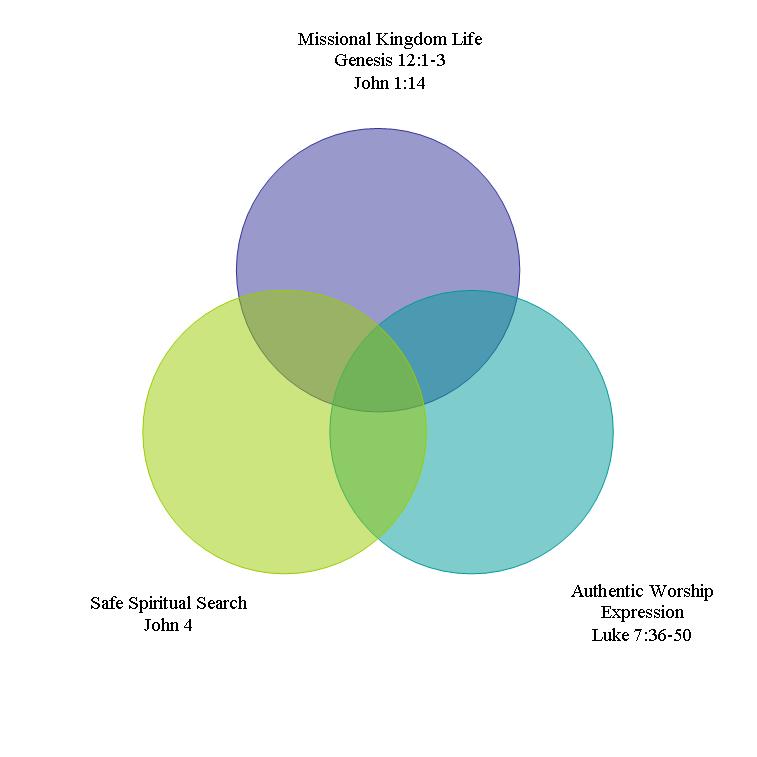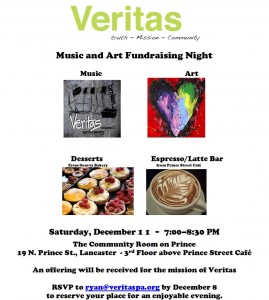After working for a while trying to upload the audio from last week's message and realizing that it is too big to upload onto this site, I thought I would just put the sermon text and questions on the blog instead......(starting this Sunday and running all throughout our Phase 2, we'll have recaps of what our bible conversation was on in the blog but not any audio).
We are at the end of our A Generous Life sermon series and also our time meeting at English Presbyterian Church. We’ll be gathering from now on at Kim and my house for worship, deeper prayer, bible study, discussion, discernment, and planning for outreach, service, and mission. Over the last few weeks we have looked at the concept of stewardship. We have looked at stewardship of finances, of time, of relationship, of talent, and this final week we will be looking at the stewardship of the environment. Taking care of God’s creation and being a good steward of it.
This issue, taking care of the creation, is one of those hot button issues, that I believe for all too long the Christian church has neglected or actually been on the “wrong” side of. Faithful followers of Jesus have left this issue to others, who are labeled tree huggers, liberals, radical environmentalist, and you fill in the blank. But I believe that taking care of creation is a mandate of all people but especially followers of Jesus. And I believe it came from the very beginning and is fundamental to God’s call on his people. Let’s look at some Scriptural basis for stewarding God’s creation that is all around us and let’s have a discussion on how this text has been misused and abused in the history of the Christian church. And let’s talk about how we can, as followers of Jesus, begin to seriously live out this idea of stewarding God’s creation as individuals and as a community of faith.
The text that I am speaking of is found in the very first chapter of the very first book of the Bible. The book of Genesis. Genesis 1:26-28 says, “Then God said, “Let us make mankind in our image, in our likeness, so that they may rule over the fish in the sea and the birds in the sky, over the livestock and all the wild animals, and over all the creatures that move along the ground.” So God created mankind in his own image, in the image of God he created them; male and female he created them. God blessed them and said to them, “Be fruitful and increase in number; fill the earth and subdue it. Rule over the fish in the sea and the birds in the sky and over every living creature that moves on the ground.”
Our world is messed up and we haven’t lived out this biblical mandate very well, and in fact, as a sign of our own brokenness, have actually taken this text and used it as a basis for using the creation however we see fit. James Watt, secretary of the interior under President Regan said, “"God gave us these things to use. After the last tree is felled, Christ will come back." I believe this is a misuse of our text that we are looking and a problematic view of God and his mandate to all people, especially followers of Jesus.
So before we go any further regarding the text of Scripture that we are looking at today, let’s talk about this issue of the environment. Maybe you are sitting there saying “Well the environment is in good shape, we don’t need to do anything. The hole in the ozone layer, the greenhouse effect, climate change and global warming are not true, and don’t we have more important things to spend our time talking about and being involved with?” Maybe you think, “What does it matter? Jesus is coming back, rapturing his people, and destroying the earth so let’s use it for whatever we want.” Well let’s first look at some statistics about the brokenness in our world and see where we are as a people in our stewardship of creation.
Each Minute
- At least 51 acres of tropical forests are destroyed.
- We consume almost 35,000 barrels of oil.
- 50 tons of fertile soil are washed or blown off cropland.
- We add 12,000 tons of carbon dioxide to the atmosphere.
Each Hour
- 1,692 acres of productive dry land become desert.
- 1,800 children die of malnutrition and hunger (that makes a total of 15 million each year).
- 120 million dollars are spent for military expenditures (making a total of one trillion each year).
- 55 people are poisoned by the pesticides they use; 5 die.
- 60 new cases of cancer are diagnosed in the United States alone (that makes a total of 500,000 each year with 20,000 leading to death).
Each Day
- Over 230,000 babies are born.
- 25,000 people die of water shortage or contamination.
- 10 tons of nuclear waste are being generated by the 350 existing nuclear plants.
- 250,000 tons of sulfuric acid fall as acid rain in the Northern Hemisphere.
- 60 tons of plastic packaging and 372 tons of fishing net are dumped into the sea by commercial fishermen.
- Almost 5 species of life become extinct.
So we see in these statistics some rather disturbing problems and issues. But how does Scripture speak to these issues, or does it? Well let’s go back to Genesis 1. The first verse we looked at says this, “Let us make mankind in our image, in our likeness, so that they may rule over the fish in the sea and the birds in the sky, over the livestock and all the wild animals, and over all the creatures that move along the ground.” The word that I want to focus sometime on in our discussion is the word rule which in other translations of the scripture is translated dominion. I believe we need a proper understanding of this word to adequately move forward. I think way too often people take this word to mean domination. But that isn’t what it means. The word dominion here is the Hebrew word radah. It is a word that is used only a dozen times in the Old Testament, and thus is rather special in its meaning. We have taken it to mean 'dominate over' just as a mediaeval ruler or potentate would dominate over his subjects, using them for his own ends, his own pleasure, his own prestige, his own wars, etc. But an examination of 'radah' shows that this is NOT the type of 'dominion' that we are called upon to have over the creation. For example, 'radah' is used in Ezek 34:4, which shows the wrong type of 'radah'. The use of 'radah' there shows that God condemns such an attitude:
"Woe to the shepherds of Israel, who only take care of themselves! Should not shepherds take care of the flock? You eat the curds, clothe yourselves with the wool and slaughter the choice animals, but you do not take care of the flock. You have not strengthened the weak or healed the sick or bound up the injured. You have not brought back the strays or searched for the lost. You have ruled [radah] them harshly and brutally." (2-5).
While we might argue precisely how this applies, I am here referring to it at a higher level, namely that it shows the heart of God, whose image we are made in. And that image is tied up with our 'radah' of the creation.
Our 'radah', of the creation, is not to be with harshness and cruelty and selfishness. Our 'radah' is to be, not for our own sake, but for the sake of the one ruled, that is, for the sake of the creation. We should heal those parts of creation that are sick, bind up those parts that are injured, bring back those parts that are straying, search for those parts that have become lost, as it were.
So we 'radah' creation to represent God to it, to develop and refine and beautify it for its own sake, rather than for ours. (cf. the notion of Love: giving for the other. God is Love.)
Note: This Creation Mandate has never been rescinded. It is still in force for us, even in this gospel period.
God has given us radah over creation, but ultimately the earth is the Lords, just like ultimately everything we have has been given to us by God and he just charges us to steward it well. Look in Psalm 24:1 and we see this, “The earth is the LORD’s, and everything in it, the world, and all who live in it;” So the creation is God’s and we are called to be good stewards of it. We are called not to “rule over it and subdue it” in the way that a tyrant rules over and subdues his people. If we are, as the other part of our main Scripture says, made in the image of God, then we are called to model the same love, same care, and same devotion to the creation that God has. We are called to see the creation in the same way that God did and does, as good. Broken, crying out for redemption, fallen, but still good. And that we as followers of Jesus are called to do the hard work of working towards the wholeness, redemption, healing, and fullness of not only the people all around us but also the creation itself.
But what does that look like? What does it mean to do the hard work of bringing wholeness, redemption, healing and fullness to the creation? And what does it look like to live out the mandate that God has laid out for us from the very beginning of Creation? That is what we will spend our time focusing on in our time of discussion.\
1. What thoughts, comments, insights, ideas, disagreements, wisdom, etc... do you have in regards to the Scripture text(s) we looked at and the idea of stewardship of the environment?
2. How can you and I individually take seriously our role as radah over God's creation? What ways can you and I better steward God's creation?
3. How can we as Veritas take more seriously our role as radah over God's creation and what steps can we take to make that a reality within the life and ministry of Veritas?












